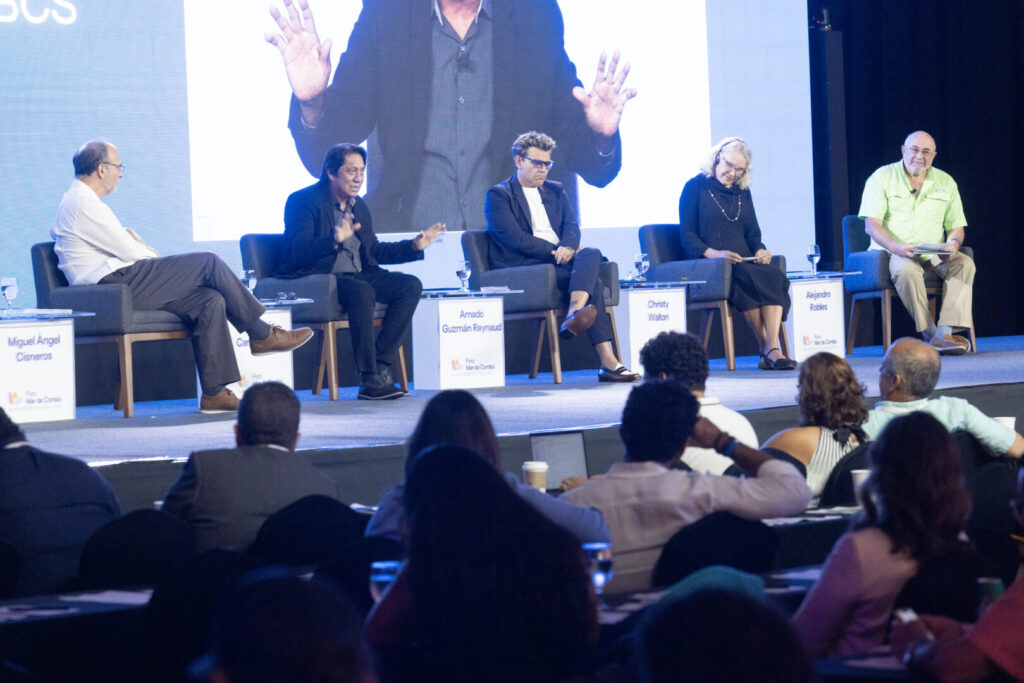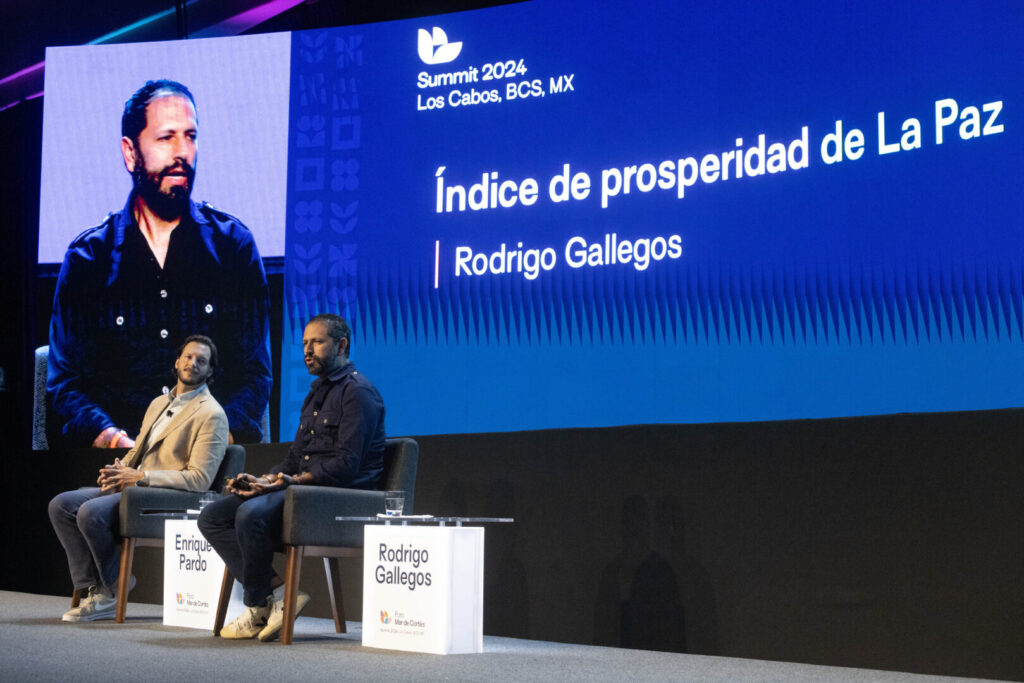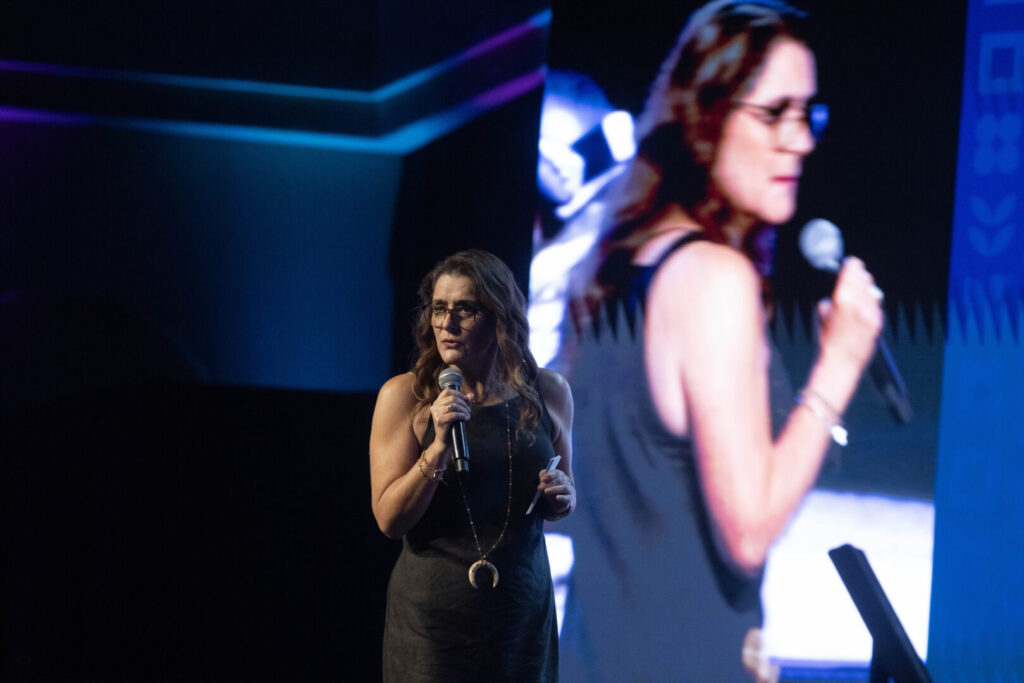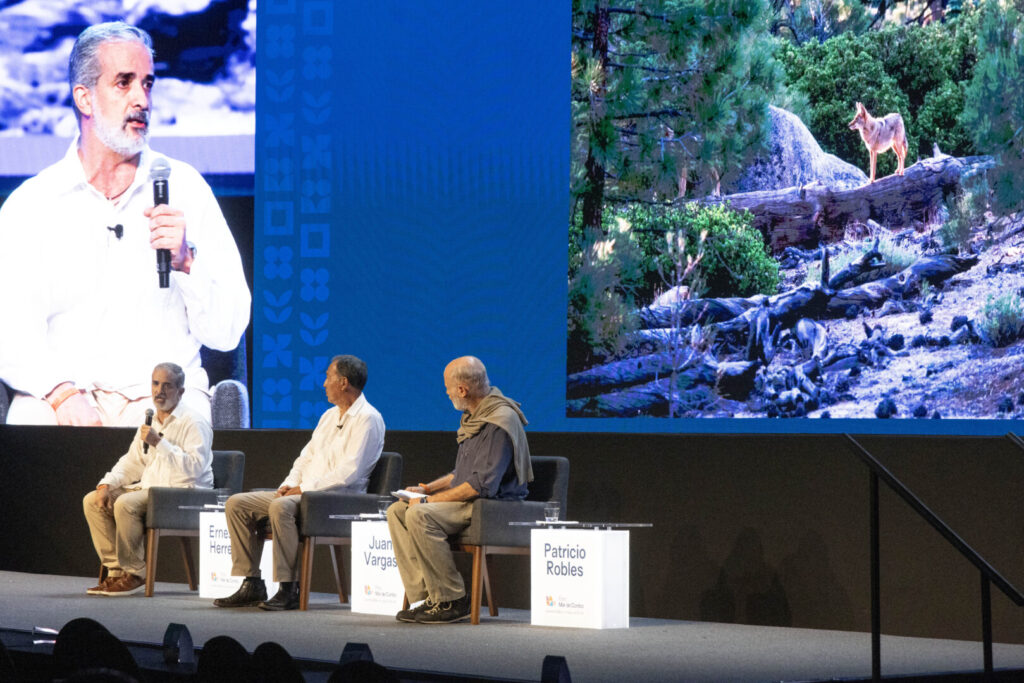The five states that make up the region Sea of Cortez account for 50 percent of the fish production However, there is still a lot of work to be done in order to achieve a sustainable activity for the future, agreed academics, industry leaders and businessmen who debated at the Summit 2022 Mission Prosperity.
The panel Sustainable Seafood Production was composed of Miguel Angel Cisneros MataECLAC researcher; José Luis Carrillo GalazConmecoop's president; Christy Waltonentrepreneur and philanthropist; and Amado Guzmán Reynaudindustrial fishing entrepreneur. Alejandro Robles GonzalezThe moderator was the president of NOS Noroeste Sustentable.
Carrillo Galaz, leader of the Mexican Confederation of Fishing and Aquaculture Cooperatives, stated that inspection and surveillance issues, the lack of research and the search for fair markets are the challenges facing the activity.
However, Guzmán Reynaud considered that he is witnessing the end of the Sea of Cortés and the Pacific coastline.
"We are going to invade other areas, we are fishing in prohibited zones, invading zones, we are depredating what we have not finished or what we have already finished in one side we are going to exploit it in another. It is a very sterile sea from what I experienced in my childhood, it is a very dead sea, I would say. I have also seen the decline of the economy of the fishing companies and the coastal people", said the Mazatleco businessman.
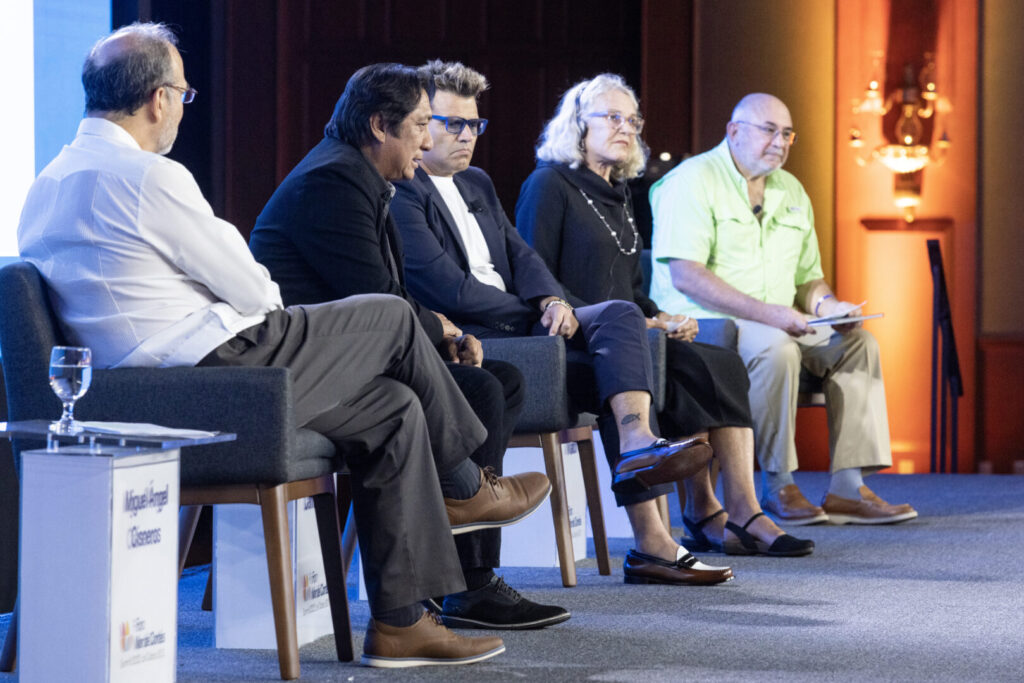
At least in Sinaloa y Sonora fishing communities are suffering from great poverty, marginalization, addiction problems and low schooling.
Researcher Cisneros Mata said that he envisions in the future a Sea of Cortez where the illegal fishingThe management decisions are made with the best available science, but including traditional knowledge, with a polycentric governance that represents society in general.
"What do we have to do to achieve this? Promote value networks and good aquaculture practices, look for polycultures that will help mitigate the effects of climate change; there must be concessions, we must change the legislation to give certainty of access to spaces and species; we must reduce the shadow of hierarchies, which is nothing more than the government putting its hands everywhere; strengthen the institutions that are weakened, the technical, scientific, administrative and political institutions that belong to the Mexican State," he said.
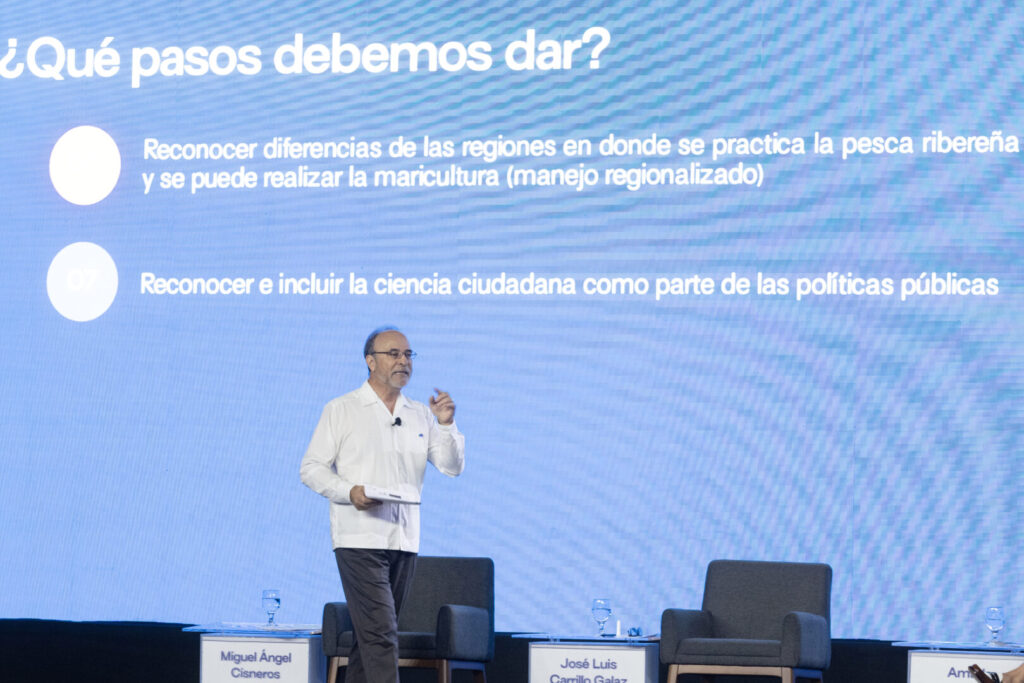
Guzmán Reynaud insisted that the future of the activity is aquaculture, because there is no species in the world that can withstand the levels of human predation.
"Businessmen and civil society have to participate and we have to get involved, if the way is aquaculture and if we have a totally worn out sea, where would we want to go?" he questioned.
Amado Guzmán's proposals
- More active participation of the Sea of Cortez Forum with the governmental entities that govern fisheries.
- Reduce the fishing effort of both the industrial and artisanal fleets.
- Sinking cargo containers and shrimp boats to create artificial reefs.
- Give fishing communities concession areas for artisanal fishing.
- Protect wetlands.
- Contribute to conservation, inspection and surveillance.
- Sea of Cortez Forum's School Adoption Program.
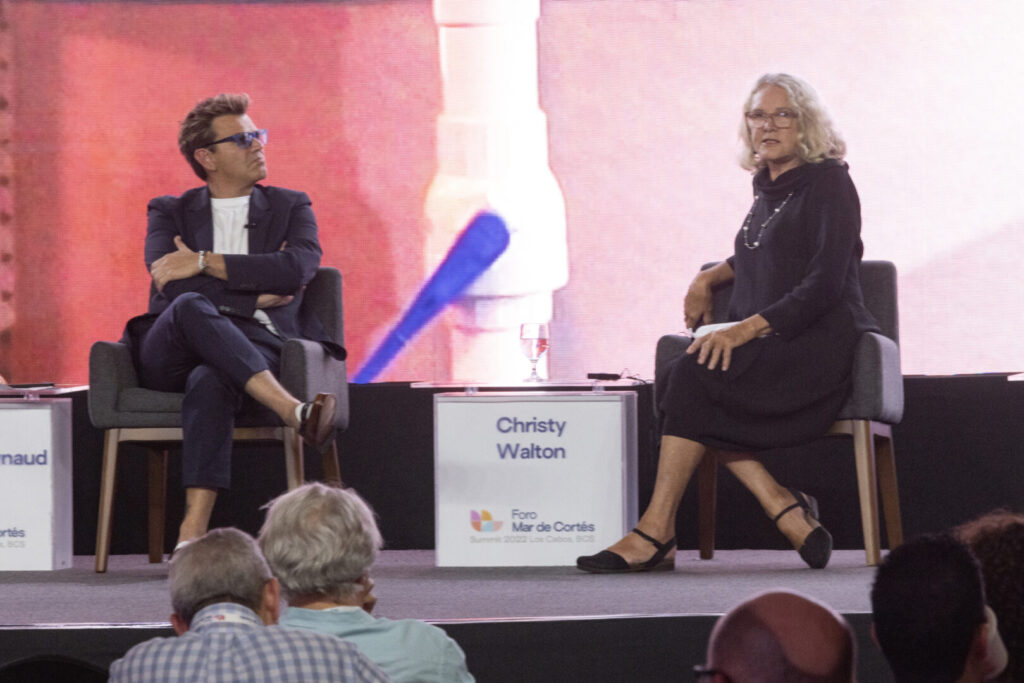
The cooperative leader José Luis Carrillo Galaz recognized that aquaculture has had an important growth, but with a cost, so it must have a limit and an order.
"Aquaculture is not going to give work to 300,000 fishermen, yes, I agree that aquaculture is an alternative to take pressure off fishing, but we have to do it in a controlled manner because it has a limit," he insisted.
The fishing leader added that commercial fishing has been declining, but they face the problem of illegal fishing, since up to 40% of the production is done clandestinely.
"In the Sea of Cortez they are in a privileged place, but they are also in a strong conflictive area, behind every fisherman there are bad people who pressure them to sell their products, to go out fishing during closed fishing seasons. The issue of illegal fishing is already a matter of national security in Mexico and as such we have to demand it", he stressed.
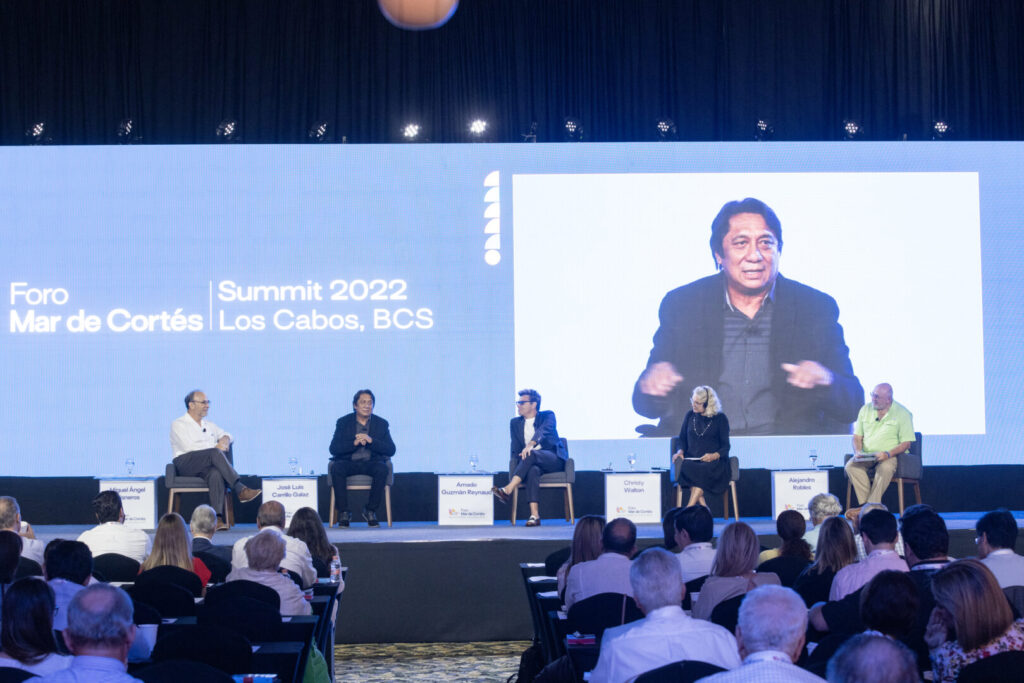
Christy Walton expressed that proper mapping and management of the aquaculture space has to occur, otherwise it will be further degraded.
"There are other things to take into account. You can't put in an aquaculture farm without the communities, it's not that simple. You need funding for the transition to sustainable fisheries," he said.
The philanthropist stated that she sees an organized future, but it depends on all the actors involved in the activity.

